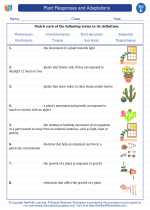Organs
An organ is a collection of tissues that perform a specific function or group of functions within an organism's body. Organs are part of the organ system, which work together to keep the body functioning properly.
Types of Organs
There are several types of organs in the human body, including:
- Vital Organs: These are essential for survival, such as the heart, lungs, brain, and liver.
- Accessory Organs: These support the function of vital organs, such as the pancreas, which aids in digestion.
- Reproductive Organs: These organs are involved in the reproductive process, such as the ovaries and testes.
- Sensory Organs: These organs gather information from the environment, such as the eyes and ears.
Functions of Organs
Each organ has a specific function or set of functions that contribute to the overall well-being of the organism. For example:
- The heart pumps blood throughout the body.
- The lungs help with the exchange of oxygen and carbon dioxide.
- The liver aids in metabolism and detoxification.
- The brain coordinates and controls various bodily functions.
Organ Systems
Organs work together in organ systems to perform more complex functions. Some of the major organ systems in the human body include:
- Circulatory System: Comprised of the heart, blood vessels, and blood, it transports nutrients and oxygen to cells and removes waste products.
- Respiratory System: Includes the lungs and airways, responsible for the exchange of oxygen and carbon dioxide.
- Digestive System: Involves the stomach, intestines, and liver, responsible for breaking down and absorbing nutrients from food.
- Nervous System: Comprised of the brain, spinal cord, and nerves, it controls and coordinates bodily functions through electrical signals.
Study Guide
Here are some key points to remember when studying organs:
- Identify and understand the functions of different organs in the human body.
- Learn how organs work together in organ systems to maintain homeostasis.
- Understand the importance of each organ in maintaining overall health and well-being.
- Study diagrams and models of organ systems to visualize how organs are connected and interact within the body.
- Practice identifying organs and their functions through interactive quizzes and activities.
Understanding the role of organs and organ systems is crucial for comprehending the complexity of the human body and its functions. It's essential to study and appreciate the interconnectedness of organs to maintain a healthy lifestyle.
[Organs] Related Worksheets and Study Guides:
.◂Science Worksheets and Study Guides Fifth Grade. Plant Responses and Adaptations

 Activity Lesson
Activity Lesson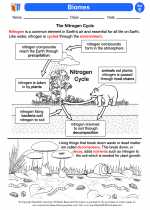
 Worksheet/Answer key
Worksheet/Answer key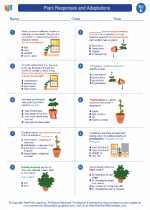
 Worksheet/Answer key
Worksheet/Answer key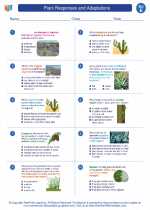
 Worksheet/Answer key
Worksheet/Answer key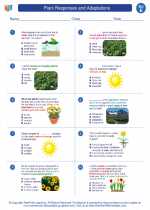
 Vocabulary/Answer key
Vocabulary/Answer key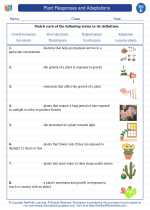
 Vocabulary/Answer key
Vocabulary/Answer key